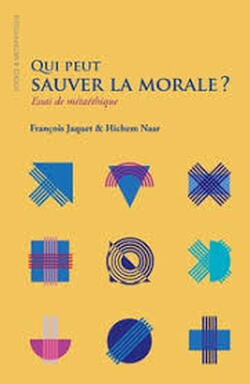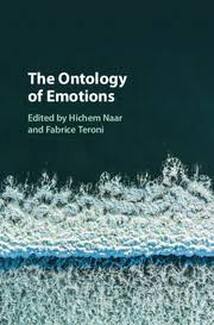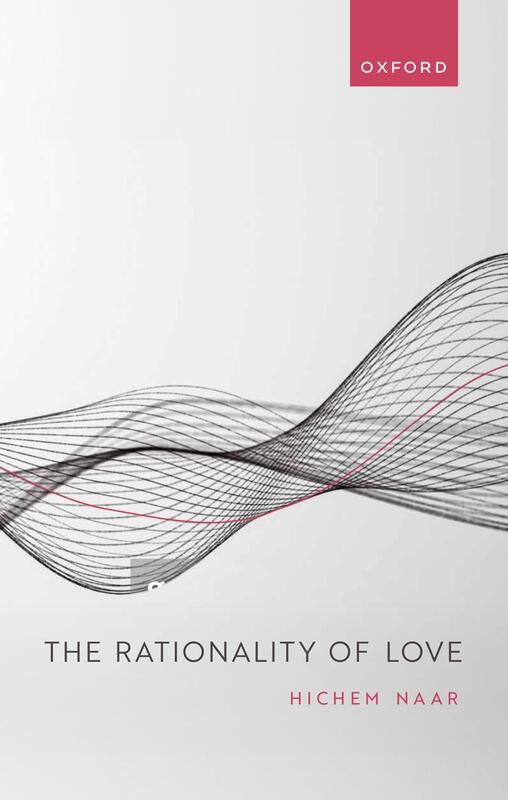|
The Rationality of Love, Oxford University Press, 2022 | link
Love has been the subject of much fascination. It is indeed one of those things which elude us in many ways. The long-lasting disagreement over love's nature is unsurprising. In light of this, a piecemeal approach to love is in order. Instead of asking what love is down the line, we might need to investigate its various features and its connection to other things. The Rationality of Love addresses the question whether love belongs, paradoxically enough, to the realm of reason, whether love belongs to the class of responses, such as belief and action, that admit of norms of justification and rationality. Are there normative reasons to love someone? Can it be an appropriate or fitting response to an individual? Can it be rational? Or is love, like perceptual experiences, sensations and urges, the sort of thing we just have and for which we cannot be rationally criticizable? Hichem Naar provides a sustained defense of the rationality of love. There are reasons to love others, reasons provided by the unique value of each individual. This will in turn rule out popular accounts of love which deny love's rationality and vindicate those accounts that make room for it. Drawing on various domains of philosophical inquiry such as the philosophy of mind, the philosophy of normativity, and epistemology, Naar provides a careful assessment of the various positions in the debate over reasons for love and develops his own answer to the normative question about love. |

Qui peut sauver la morale? Essai de métaéthique (with François Jaquet), éditions d'Ithaque, 2019 | link
Quelle est la nature des faits moraux? Existe-t-il de tels faits ? Les énoncés moraux peuvent-ils prétendre à la vérité ? Vous pensez peut-être que la peine de mort est injuste ? Ou que l’avortement est moralement acceptable ? Se pourrait-il alors que vous vous trompiez ? C’est en tout cas l’avis des théoriciens de l’erreur. D’après ces philosophes, tous les jugements moraux sont faux parce qu’ils présupposent à tort l’existence de faits moraux à la fois objectifs et non naturels.Organisé autour de ce défi nihiliste, le présent ouvrage aborde les principales théories métaéthiques comme autant de tentatives, plus ou moins fructueuses, de sauver la morale. Les théories qu’on y rencontre combinent invariablement une thèse psychologique (sur la nature des jugements moraux) et une thèse ontologique (sur l’existence d’une réalité morale conforme auxdits présupposés). Dans le style argumentatif sobre et précis qui caractérise la philosophie analytique, ce manuel de métaéthique – le premier en langue française – entreprend d’évaluer minutieusement un ensemble de théories sur la morale. Bien que destiné en premier lieu aux enseignants de philosophie et à leurs étudiants, il se veut accessible à tous ceux qu’intéresse l’éthique.

The Ontology of Emotions (co-edited with Fabrice Teroni), Cambridge University Press, 2018 | link
The nature of emotion is an important question in several philosophical domains, but little attention has so far been paid to identifying the general ontological category to which emotions belong. Given that they are short-lived, are they events? Since they often have components or stages, are they processes? Or does their close link with behaviour mean they are dispositions? In this volume, leading scholars investigate these basic ontological issues, contributing to current discussions about emotions and paving the way for new research into an underexplored area of philosophy. With chapters addressing issues including the temporal profile of emotions, the distinction between emotions and other affective states, and the epistemology of emotion, this highly original book will be valuable for students and specialists of philosophy, and particularly for those working in the metaphysics of mind and emotions.
The nature of emotion is an important question in several philosophical domains, but little attention has so far been paid to identifying the general ontological category to which emotions belong. Given that they are short-lived, are they events? Since they often have components or stages, are they processes? Or does their close link with behaviour mean they are dispositions? In this volume, leading scholars investigate these basic ontological issues, contributing to current discussions about emotions and paving the way for new research into an underexplored area of philosophy. With chapters addressing issues including the temporal profile of emotions, the distinction between emotions and other affective states, and the epistemology of emotion, this highly original book will be valuable for students and specialists of philosophy, and particularly for those working in the metaphysics of mind and emotions.
